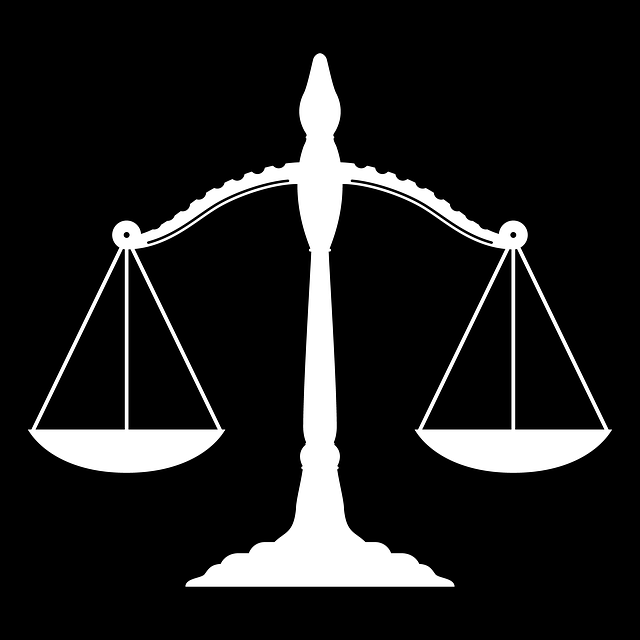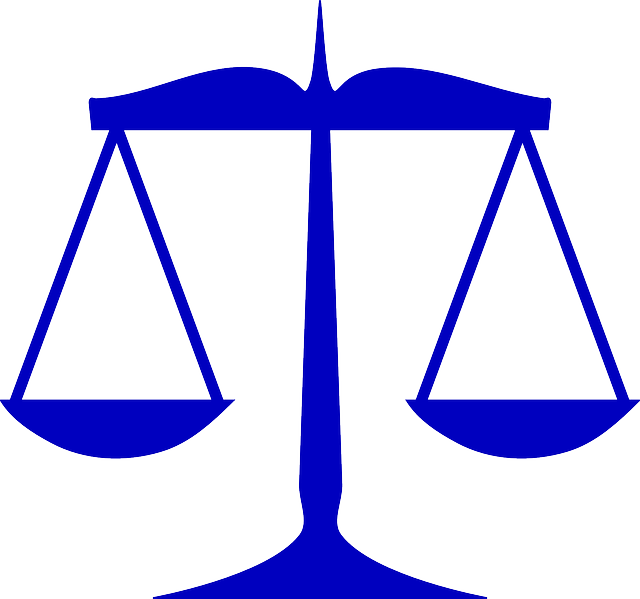Cartel investigation procedures rely on financial analysis, communication patterns, and supply chain networks to identify key players. This involves specialized techniques due to legal complexities and strict penalties for tampering with evidence. The legal framework balances societal norms with justice through surveillance, evidence collection, witness protection, and varying penalties based on crime severity. Experienced legal counsel is crucial for navigating these complex cartel-related charges.
Delve into the intricate world of criminal law enforcement, where understanding complex structures is key to success. This article explores the art of cartel investigation procedures and penalties, shedding light on effective tactics to unravel these clandestine networks. From deciphering the subtle operations of cartels to mastering evidence gathering techniques, each section provides invaluable insights. We examine the legal framework governing criminal offenses and the corresponding punishments, offering a comprehensive guide for professionals navigating this challenging terrain.
- Understanding Cartel Structures and Operations
- Evidence Gathering Techniques in Investigation
- Legal Framework and Punishments for Criminal Offenses
Understanding Cartel Structures and Operations

Cartel structures are intricate networks that have become a significant focus in criminal law enforcement, particularly when dealing with high-stakes cases. These organizations often operate across the country and globally, employing complex strategies to evade detection. Understanding their operations is crucial for effective investigations and subsequent prosecutions. Cartel investigation procedures involve an in-depth analysis of financial transactions, communication patterns, and supply chain networks to identify key players and their roles within the organization. This meticulous process requires specialized law enforcement techniques and, in many cases, white collar defense strategies to navigate legal complexities.
Penalties for cartel activities are stringent due to the severe impact on society and fair market competition. Authorities across the country have implemented robust measures to disrupt these operations, including surveillance, witness protection programs, and strict anti-trust laws. By unraveling the intricate web of cartels, law enforcement agencies aim to send a powerful message that such illicit behavior will not be tolerated, fostering a more transparent and competitive business environment.
Evidence Gathering Techniques in Investigation

In criminal investigations, particularly high-stakes cases like cartel investigations, evidence gathering is a meticulous process that requires strategic techniques to uncover the truth. Professionals in this field employ various methods to collect and preserve evidence, ensuring it stands up in court. One common approach is surveillance, which involves monitoring suspects’ activities without their knowledge, utilizing both technological advancements and human intelligence. This tactic has proven invaluable in cartel investigations, providing insights into criminal networks and operations.
Furthermore, interviews and interrogations play a pivotal role, where skilled investigators use strategic questioning techniques to elicit information from witnesses and suspects. These sessions require a delicate balance between gathering facts and respecting legal rights, especially when dealing with sensitive matters that involve the philanthropic and political communities. The penalties for evidence tampering or using illegal methods in cartel investigations are severe, emphasizing the importance of adhering to strict protocols for integrity and admissibility.
Legal Framework and Punishments for Criminal Offenses

The legal framework surrounding criminal offenses is a complex web designed to uphold societal norms and ensure justice. At the heart of this system lies a structured set of laws and regulations that dictate what constitutes a crime, how investigations are conducted, and the subsequent punishments meted out. In the context of cartel investigations, for instance, procedures are meticulously crafted to dismantle illegal operations while preserving due process rights. These involve extensive surveillance, evidence collection, and witness protection programs.
Penalties for criminal offenses vary widely depending on the severity of the crime. From fines and community service to imprisonment or even the death penalty in some jurisdictions, these punishments aim to deter potential offenders and rehabilitate those convicted. For his clients facing cartel-related charges, experienced legal counsel plays a pivotal role in navigating this complex landscape. Skilled attorneys employ strategic defenses, often focusing on avoiding indictment, and championing their clients’ rights throughout the process, aiming to secure winning challenging defense verdicts.
In the fight against crime, understanding and dismantling cartel structures is a critical component. By employing effective investigation procedures, including advanced evidence gathering techniques, law enforcement can expose and disrupt these complex criminal networks. The legal framework surrounding criminal offenses provides a robust system of penalties, ensuring justice and deterring future illicit activities. Integrating Cartel Investigation Procedures and Penalties into strategic law enforcement efforts is essential to maintaining public safety and securing communities from the far-reaching impacts of organized crime.






